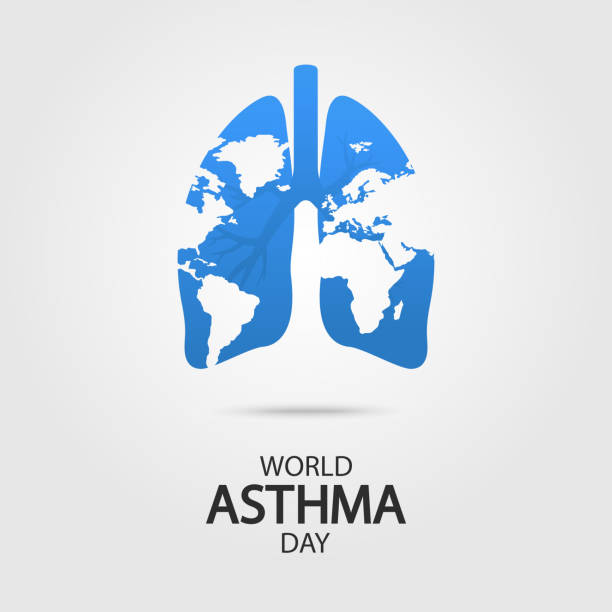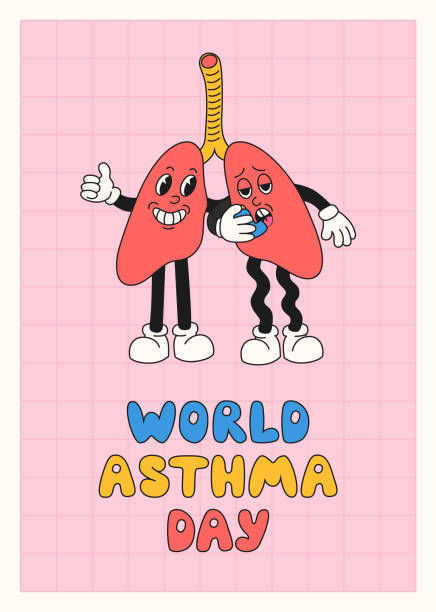World Asthma Day
The Global Initiative for Asthma (GINA) has chosen the theme of "Asthma Education Empowers" for World Asthma Day in 2024. GINA places a strong emphasis on providing asthmatics with the knowledge and skills they need to manage their condition and know when to seek medical attention. In order to be able to give their patients the best care possible, health care providers need to become more knowledgeable about the ongoing preventable morbidity and mortality from asthma as well as the published evidence on its successful management.

History
The Global Initiative for Asthma (GINA) first celebrated World Asthma Day in 1998. The purpose of the day is to raise awareness of asthma as a growing medical condition. Actually, it appears to be becoming more commonplace and affects at least 14% of children globally. Asthma was acknowledged by the World Health Organisation (WHO) in 2016 as being critically important for public health. Asthma actually caused over 400,000 deaths that year in the world, according to WHO estimates, with nearly 340 million people affected worldwide. Not everyone is as aware of the true nature and cause of asthma, or the fact that there are various types of the condition, even though almost everyone is familiar with the appearance and sound of an asthma inhaler being used.

Why World Asthma Day (WAD) Is Important
In the world, asthma is the most common chronic illness affecting both adults and children. Asthma is regarded by the World Health Organisation (WHO) and other regulatory bodies as a cause and an impact of poverty in low- and middle-income nations. Asthma affects 26.2 crore people worldwide, and in 2019, there were 4.55 lakh deaths from the disease, according to the WHO.
The Global Burden of Disease Report (GBDR) 2019 states that, although making up only 13% of the world's asthma population and 42% of asthma deaths worldwide, India has the highest and fastest-rising burden of asthma in the world in terms of deaths and disability-adjusted life years, with over 3.4 crores of people living with the condition.

Asthma is recognised as a priority in both the World Health Organization's Global Action Plan for the Prevention and Control of Non-Communicable Diseases and the United Nations' 2030 Agenda for Sustainable Development. Various strategies are implemented to increase asthma diagnosis, prevention, and treatment. Individuals in India who suffer from asthma bear a disproportionately heavy burden of day-to-day symptoms, reduced quality of life, and missed work and school. Additionally, researchers in Bahrain, Spain, New York City, India, and Turkey have noted a deficiency in knowledge and practice regarding the treatment of childhood asthma and have come to the conclusion that training programmes are required to improve comprehension of children's needs and reduce absenteeism.









